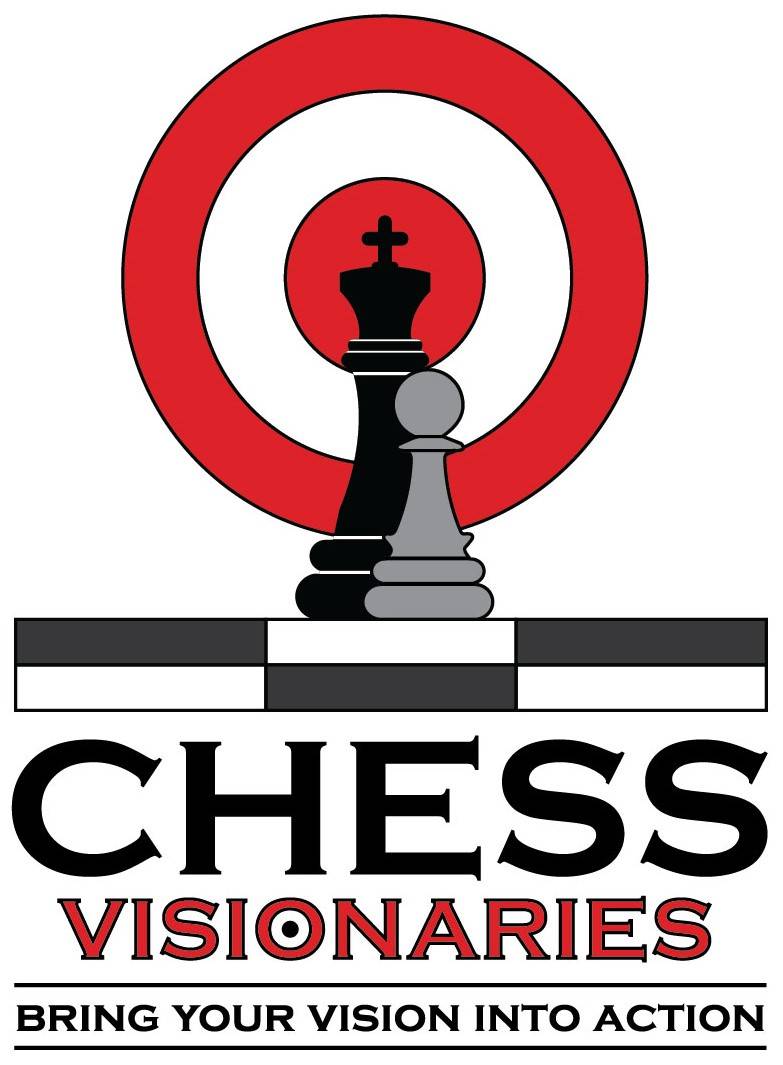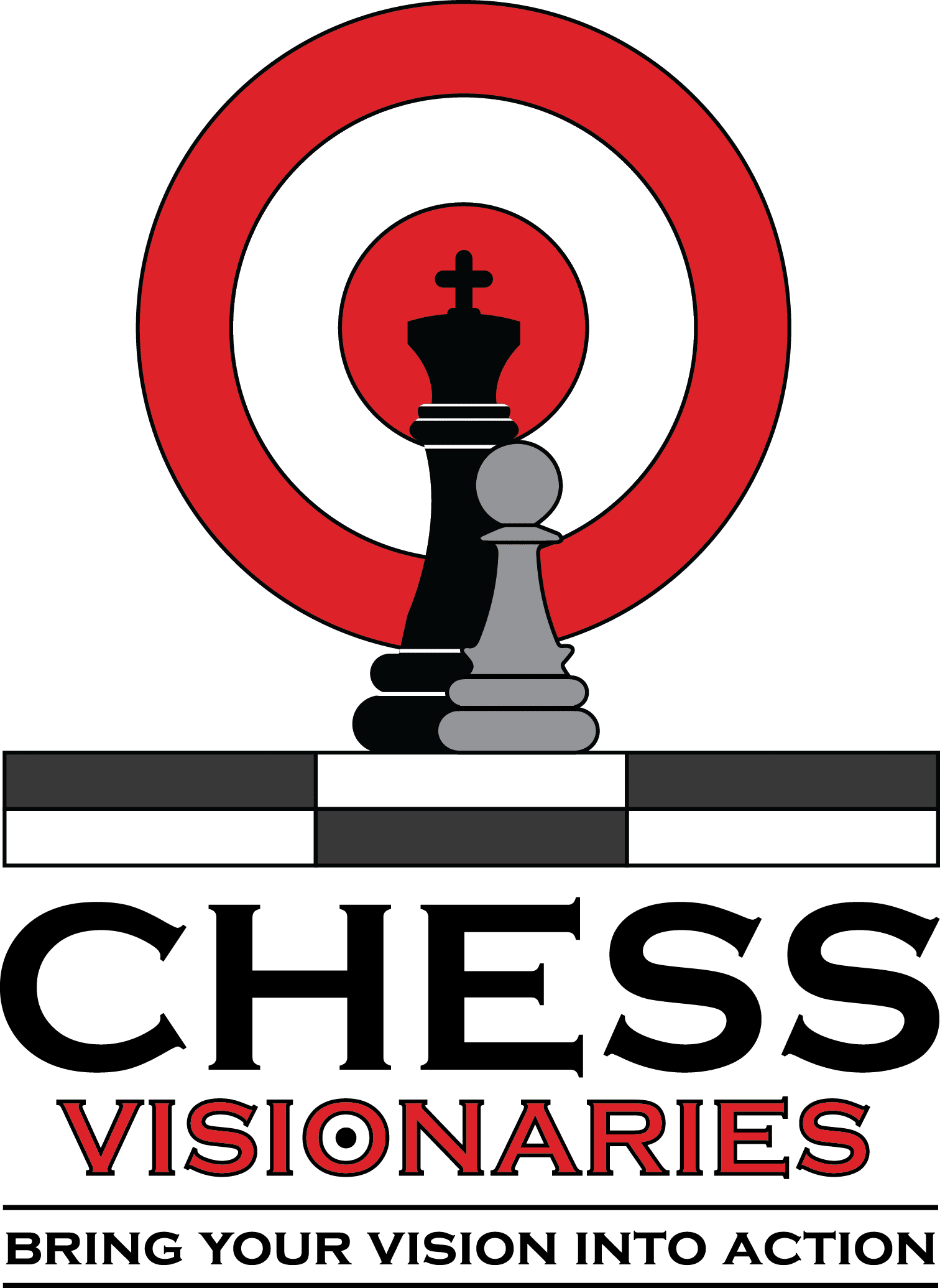BRING YOUR VISION INTO ACTION
Chess tournaments are exciting and competitive events that require not only strategic thinking but also adherence to specific rules. Understanding these guidelines will help ensure a fair and enjoyable experience for all participants
1. What to Do If Your Opponent Doesn’t Show Up
During a chess tournament, if your opponent does not arrive on time, remain seated at your table. After a set waiting period, if they still haven’t shown up, you will be awarded the point. There’s no need to search for them or worry—just stay in place and wait for the arbiter’s decision.
2. Chess Clock Rules
- Players must use the same hand to move a piece and press the clock.
- The tournament follows a 15-minute time control with a 5-second increment per move.
- Proper clock usage is crucial, as any mismanagement could result in penalties.
3. Calling the Arbiter
If you encounter any issue during the game
- Pause the clock by pressing the middle button.
- Raise your hand (do not shout for the arbiter).
- Wait patiently for the arbiter to reach your table.
- If you do not report an issue and continue playing, the arbiter team will not be responsible for any disputes later.
4. Illegal Moves That Can Cost You the Game
Avoid these mistakes to prevent penalties
- Leaving or placing your king in check.
- Moving a piece incorrectly (e.g., a bishop moving like a rook).
- Pressing the clock without making a move.
- Capturing the opponent’s king (a king is never captured in chess).
- Using both hands for castling or capturing a piece.
- Promoting a pawn without replacing it with another piece before pressing the clock.
- Promoting your opponent’s piece instead of your own.
- Any of these moves could result in penalties or even a loss, so play carefully!
5. Touch-Move Rule: No Second Chances
If you touch a piece, you must move it if it has a legal move. Once you release the piece, the move is final and cannot be undone.
6. Adjusting Pieces
If a piece is misplaced or has fallen, you must ask your opponent’s permission before adjusting it. Simply say, “May I adjust?” If your opponent does not agree, you cannot adjust the piece.
7. Electronic Devices and Watches: Strictly Prohibited
- Players must not wear wristwatches or carry mobile phones or other electronic devices during the game.
- If your device makes a sound or is found in use, you may lose the game automatically
8. How to Offer a Draw Properly
- If you wish to offer a draw, say it clearly and verbally to your opponent.
- Do not shake hands to signal a draw—this can cause confusion.
9. Fair Play and Conduct
- Any disturbance, including foul language or threatening behavior, may result in penalties or disqualification.
- Respect all arbiters and officials. Any form of disrespect may lead to a penalty or outright removal from the tournament.
10. The Arbiter’s Decision is Final
If you disagree with an arbiter’s decision, you can escalate the issue to the Chief Arbiter. However, once the Chief Arbiter makes a decision, it is final and binding.
11. Submitting Game Results
After your game ends:
- Raise your hand and waith for the arbiter to record your result.
- Only after the result is recorded should you rearrange the board for the next game.
- You have the right to ask the arbiter to verify your recorded result.
Final Thoughts: Following these rules ensures a fair and professional tournament experience for all players. Chess is not just about strategy on the board but also about discipline and respect for the game and its officials. By understanding and adhering to these guidelines, you can focus on what truly matters—winning with skill and integrity. Good luck in your next tournament! May your moves be sharp and your

